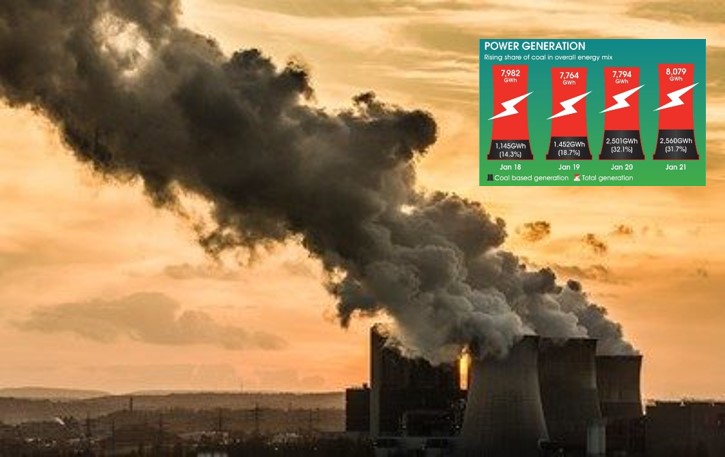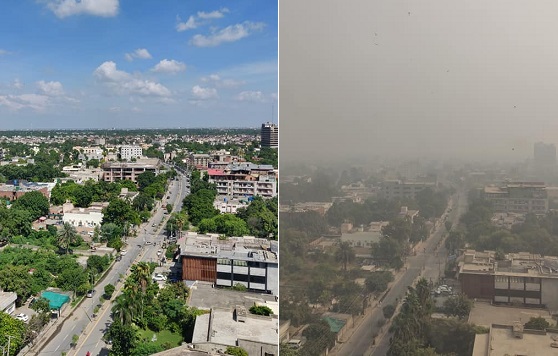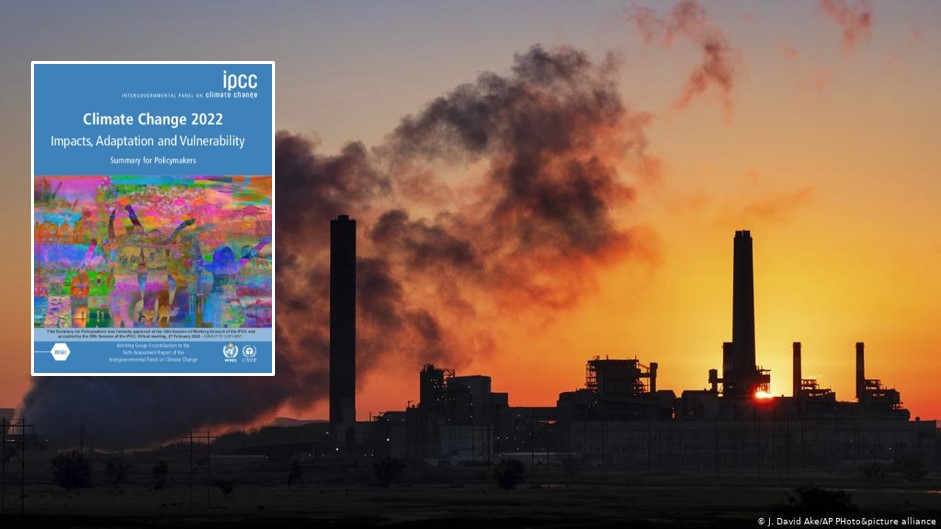The 2022 UN Intergovernmental Panel on Climate Change (IPCC) report on climate change has been released, indicating that harmful carbon emissions from 2010-2019 have never been as higher in human history. The report states it is a proof that the world is on a “fast track” to disaster, and in the words of UN Secretary General António Guterres it’s ‘now or never’ to limit global warming to 1.5 degrees.
Carbon Emissions
The main concern of the report is uncontrolled carbon emission and it warns unless governments everywhere reassess their energy policies, the world will be uninhabitable. The IPCC report calls all countries to must reduce their fossil fuel use substantially, extend access to electricity, improve energy efficiency and increase the use of alternative fuels, such as hydrogen.
The UN chief further adds “This is not fiction or exaggeration. It is what science tells us will result from our current energy policies. We are on a pathway to global warming of more than double the 1.5-degree (Celsius, or 2.7-degrees Fahreinheit) limit” that was agreed in Paris in 2015.

According to the report high-emitting governments and corporations, were not just turning a blind eye, “they are adding fuel to the flames by continuing to invest in climate-choking industries. Scientists warn that we are already perilously close to tipping points that could lead to cascading and irreversible climate effects.”
Urban Stake
The report primarily reveals that an increasing share of emissions can be attributed to towns and cities. It pens serious apprehensions that emissions reductions clawed back in the last decade or so “have been less than emissions increases, from rising global activity levels in industry, energy supply, transport, agriculture and buildings”. Among the sustainable and emissions-busting solutions that are available to governments, the IPCC report emphasised that rethinking how cities and other urban areas function in future could help significantly in mitigating the worst effects of climate change.

Global temperatures will stabilise when carbon dioxide emissions reach net zero. For 1.5C (2.7F), this means achieving net zero carbon dioxide emissions globally in the early 2050s; for 2C (3.6°F), it is in the early 2070s, the IPCC report states. “These (reductions) can be achieved through lower energy consumption (such as by creating compact, walkable cities), electrification of transport in combination with low-emission energy sources, and enhanced carbon uptake and storage using nature,” the report suggested. “There are options for established, rapidly growing and new cities,” it said.
Recommended Measures
The IPCC working group 3 report has given following measure:
• Coal must be effectively phased out if the world is to stay within 1.5C, and currently planned new fossil fuel infrastructure would cause the world to exceed 1.5C.
• Methane emissions must be reduced by a third.
• Growing forests and preserving soils will be necessary, but tree-planting cannot do enough to compensate for continued emissions for fossil fuels.
• Investment in the shift to a low-carbon world is about six times lower than it needs to be.
• All sectors of the global economy, from energy and transport to buildings and food, must change dramatically and rapidly, and new technologies including hydrogen fuel and carbon capture and storage will be needed.
By
Editorial, Infocus


